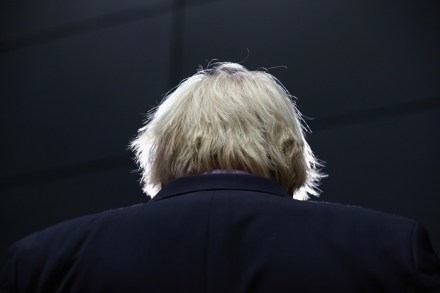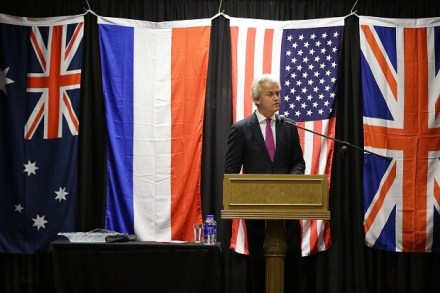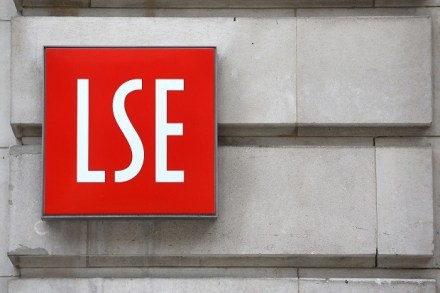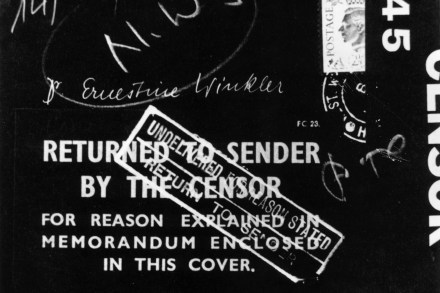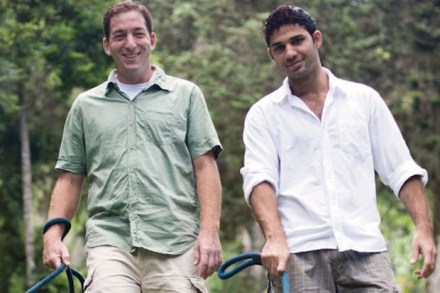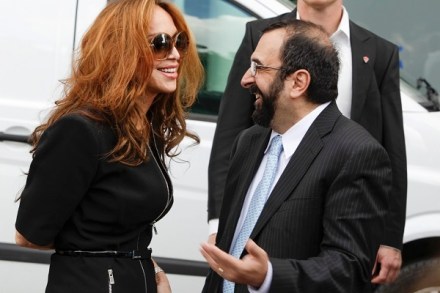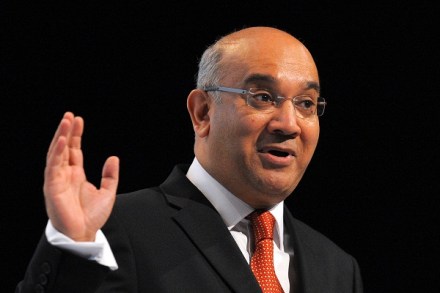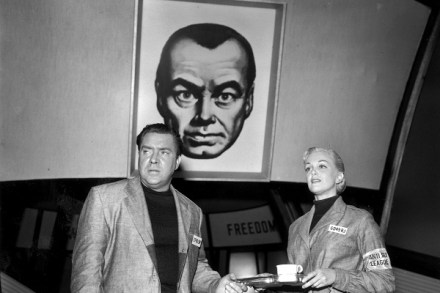Untold truths – how the spirit of inquiry is being suppressed in the West
It looks like Boris has offended lots of people by suggesting that some folk are where they are because they’re not very bright, something Nick Clegg calls ‘unpleasant’ and ‘careless’. It’s also, as Clegg must know perfectly well, true, but as Rod Liddle writes this week there are certain things you just can’t talk about, not just despite being true but because they’re true. Rod cites what Dominic Grieve recently said about corruption, which was rude, offensive, insulting to the Pakistani community and of course totally true. Likewise when Richard Dawkins recently pointed out a fact about the relative success of the Muslim world vs Trinity College, Cambridge – that
